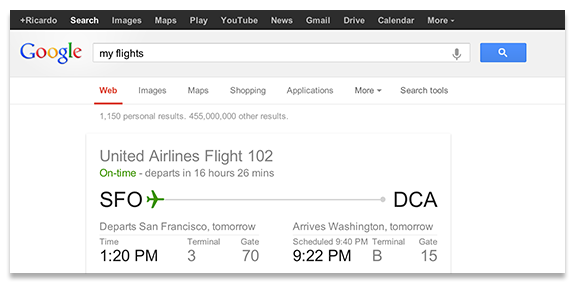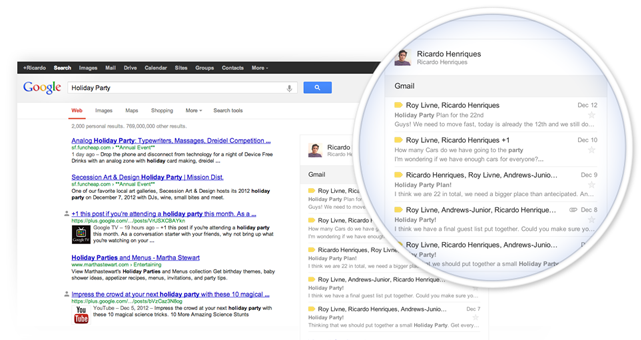How to optimize your emails for search
by Michael Linthorst
It might sound like a strange idea to optimize your emails for search engines, but SEO is a skill that email marketers better start working on -- as far as Google is concerned anyway. The company is currently conducting tests to include Gmail inboxes in the search results. What does this mean for email marketing?


The project is currently still in test phase, and only a happy few are able to use it. Knowing Google however, it's only a matter of time before this product is available for a larger group of users. So, as a marketer, if you want your emails to profit from this new feature, you'd better be prepared.
Creating SEO proof emailings
Judging the previews Google has made available, the search engine will by default only show emails from the priority inbox in its search results.

So, to search engine optimize your emails, the first thing you'll want to do is make sure these emails get this priority label.
How to get your email in the Gmail priority inbox
According to a PDF document that Google released, Gmail uses complicated algorithms to determine if an email should be put in the priority inbox. As usual, Google won't exactly tell the world how the algorithm works.
However, in general, the following things contribute to a priority ranking:
- Engagement: How often does someone open your emails? Or click on the links included in your messages? Are you and your recipient communicating back and forth? For Gmail, engagement is an indicator that someone thinks your emails are important. So reach for the highest open rates you can, and get as many click-throughs possible. How? There are many techniques that can help you do so. In short, all these techniques have one thing in common: send emails that are relevant. Also, make sure that people are able to send you a reply, so never use a no-reply address.
- Content: Google checks the content of your emailings for keywords that guaranteed a high level of engagement in the past. So, if you send a message containing the latest MLB news to someone that emails a lot with their friends about their fantasy baseball league, for example, this'll increase the chance of your email landing in the priority inbox. Once again, relevancy is the key to success here. Use your database to find out what someone's interests are.
Relevancy
Apart from the tips above, as an email marketer, you should of course also comply with the existing SEO techniques for websites to your emails. Obviously you won't be able to link to your emails, but be sure to use the right keywords and apply title and alt tags to your images.
Whether you're an SEO expert or an email marketer (or both), none of this advice will probably come over as shocking to you. In the end, the whole story comes down to one thing: being relevant -- something that already should be your main priority, for both SEO and email marketing.
This article was originally published on Imediaconnection





